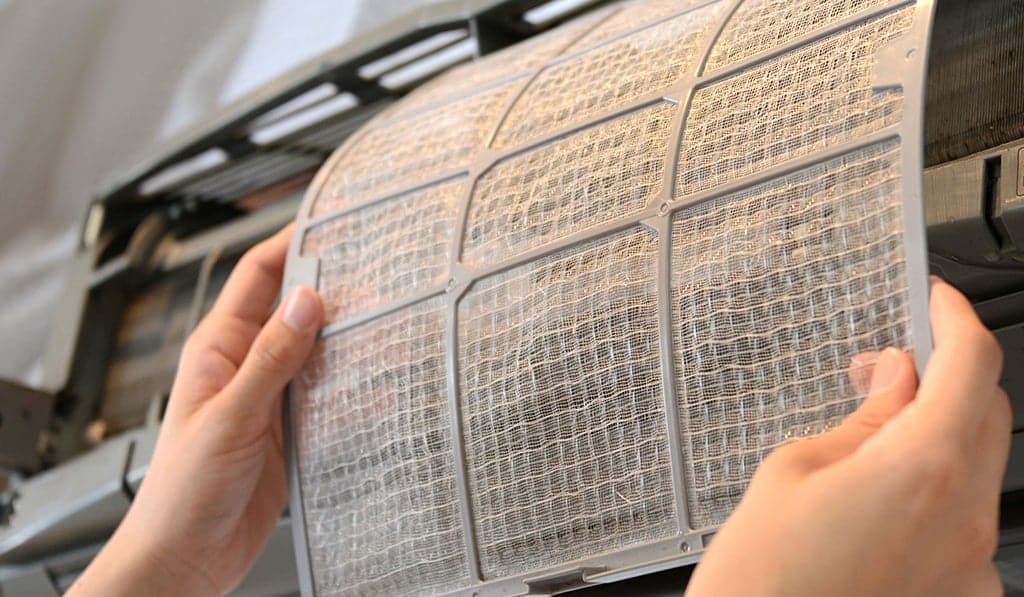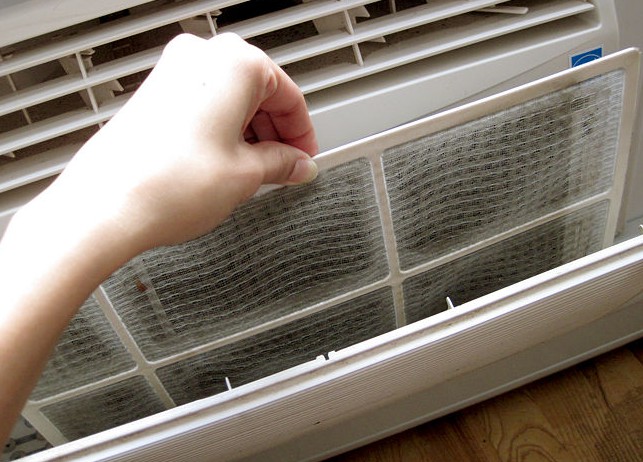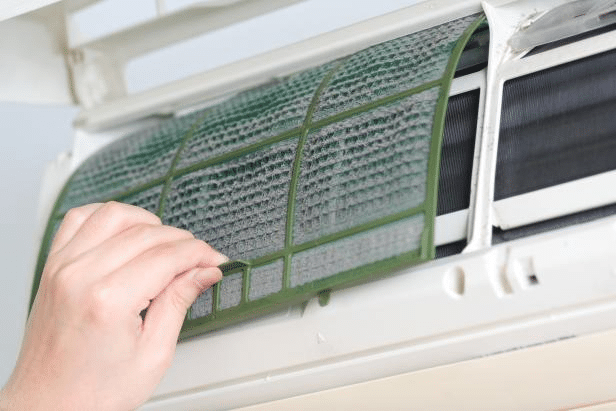In the realm of HVAC (Heating, Ventilation, and Air Conditioning) systems, ensuring the optimal performance of your air conditioning (AC) unit is paramount. Among the numerous components that contribute to its efficiency and longevity, the air conditioning filter stands out as a crucial element. This comprehensive guide aims to delve into the intricate details of air conditioning filters, exploring their significance, functionality, maintenance practices, and the signs that indicate when it’s time for a replacement.
Importance of Air Conditioning Filters

Air filters serve as the frontline defense against airborne contaminants infiltrating indoor spaces. By trapping particles like dust, pollen, pet dander, and mold spores, they not only enhance air quality but also safeguard the AC system from potential damage. The significance of air filters extends beyond mere filtration; they contribute to energy efficiency, occupant comfort, and the longevity of HVAC equipment.
Types of Air Conditioning Filters
Air conditioning filters come in various types, each with distinct features and filtration capabilities. Among the most common types are fiberglass filters, pleated filters, electrostatic filters, HEPA (High-Efficiency Particulate Air) filters, and washable filters. Understanding the differences between these filter types is crucial for selecting the most suitable option based on factors like air quality requirements, budget constraints, and system compatibility.
Signs Your Air Conditioning Filter Requires Replacement
- Reduced Airflow: A noticeable decrease in airflow from the vents indicates that the air filter is clogged with dirt and debris, impeding the passage of air through the system.
- Increased Energy Consumption: A clogged filter forces the AC unit to work harder to maintain the desired temperature, leading to higher energy consumption and elevated utility bills.
- Poor Indoor Air Quality: When the filter becomes saturated with contaminants, it fails to effectively capture new particles, resulting in degraded indoor air quality and potential health issues for occupants.
- Visible Dust and Debris: Inspecting the filter visually allows you to identify a buildup of dust, debris, or visible particles, signaling the need for replacement.
- Allergy Symptoms: Individuals sensitive to allergens may experience exacerbated symptoms like sneezing, coughing, and congestion when exposed to air polluted by a dirty filter.

Understanding MERV Ratings
MERV (Minimum Efficiency Reporting Value) ratings categorize air filters based on their effectiveness in capturing airborne particles. Ranging from 1 to 20, a higher MERV rating indicates superior filtration efficiency. However, it’s essential to strike a balance between filtration performance and system compatibility, as higher MERV-rated filters may restrict airflow if not compatible with the HVAC system.
Maintenance Practices for Air Conditioning Filters
Regular maintenance is key to ensuring the optimal performance of air conditioning filters and the HVAC system as a whole. Follow these maintenance practices to prolong the lifespan of your filters and maintain indoor air quality:
- Regular Inspections: Conduct visual inspections of the filter at least once a month to check for dirt buildup and debris accumulation.
- Scheduled Replacements: Replace disposable filters according to the manufacturer’s recommendations or as indicated by visual inspection.
- Cleaning Washable Filters: If using washable filters, follow manufacturer guidelines for proper cleaning and drying to maintain filtration efficiency.
- Sealing Leaks and Ductwork: Ensure a tight seal around the filter housing and duct connections to prevent air leakage and maintain system efficiency.
- Professional Maintenance: Schedule annual HVAC maintenance by a qualified technician to inspect, clean, and optimize system components, including filters.

Conclusion
In conclusion, air conditioning filters play a pivotal role in maintaining indoor air quality, enhancing energy efficiency, and preserving the longevity of HVAC systems. By understanding the importance of air filters, recognizing the signs indicating the need for replacement, and adhering to proper maintenance practices, you can ensure optimal performance and comfort in your home or office environment. Remember, a proactive approach to filter maintenance not only improves air quality but also saves energy and reduces the risk of costly repairs in the long run.






GIPHY App Key not set. Please check settings